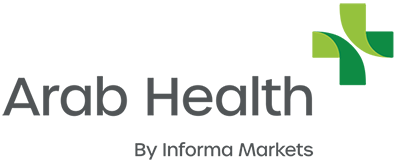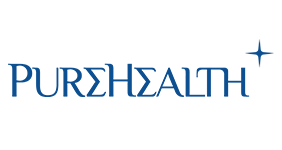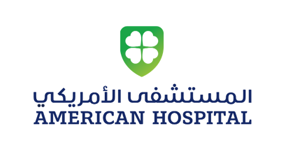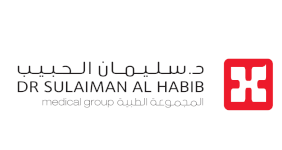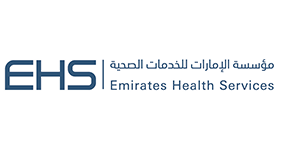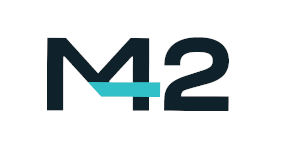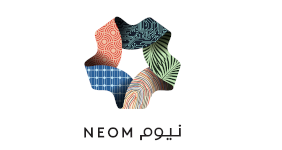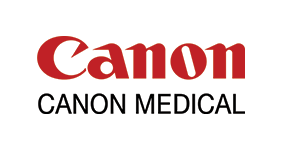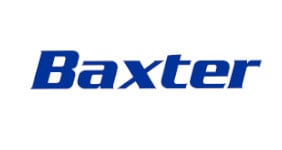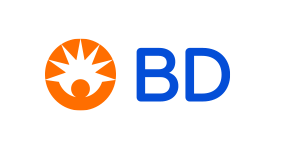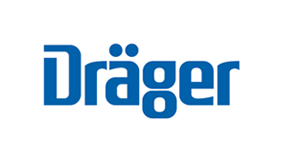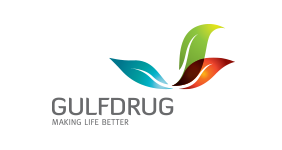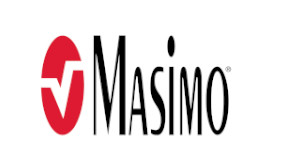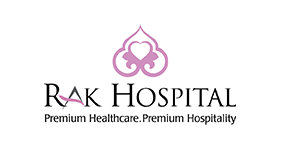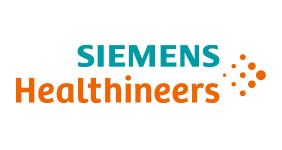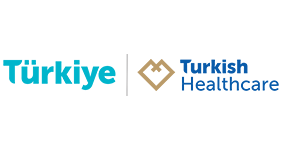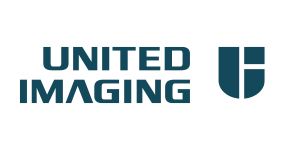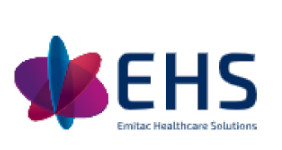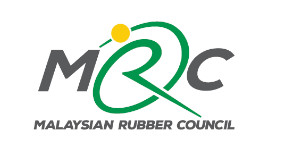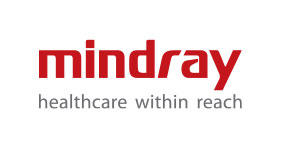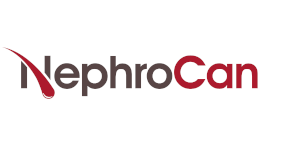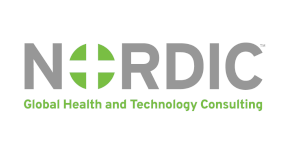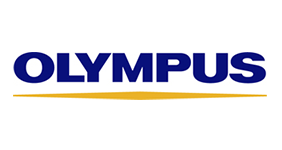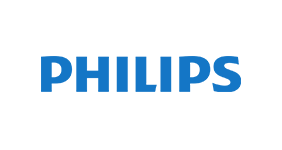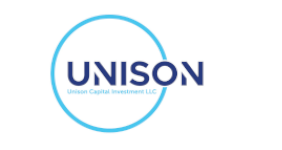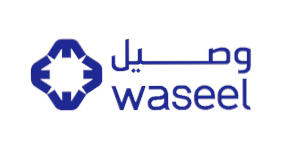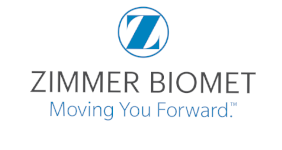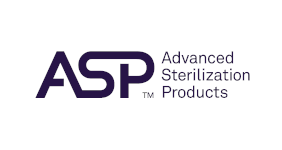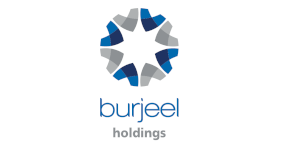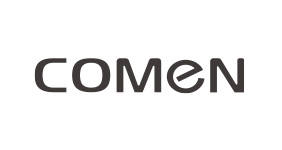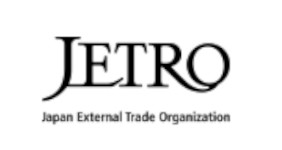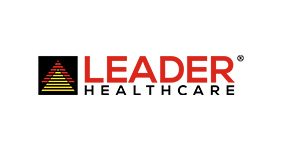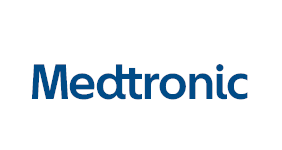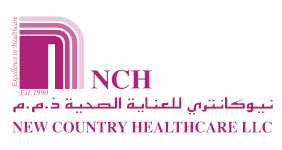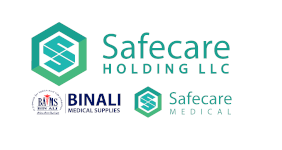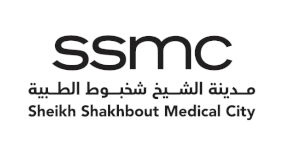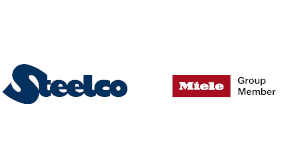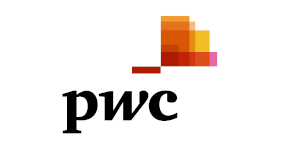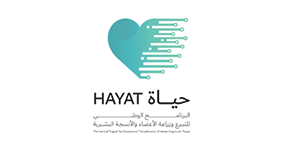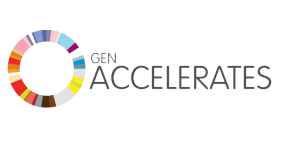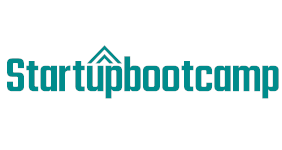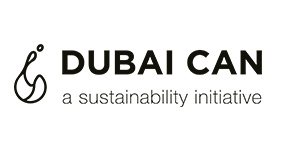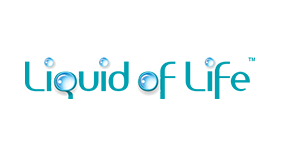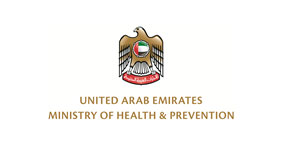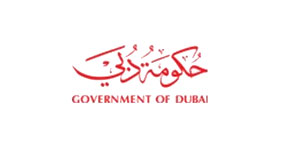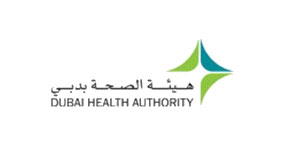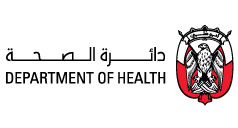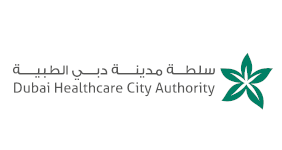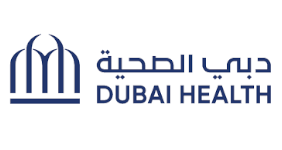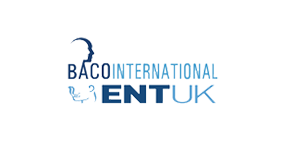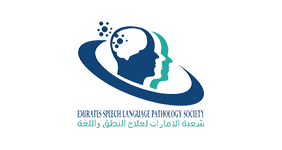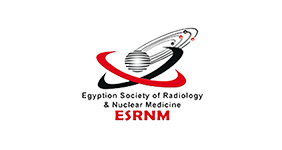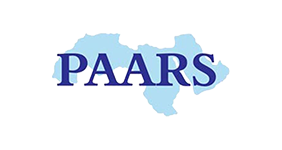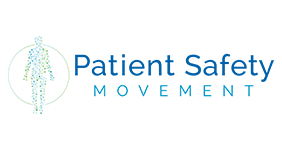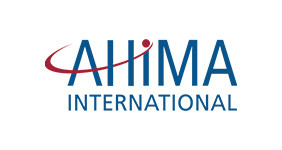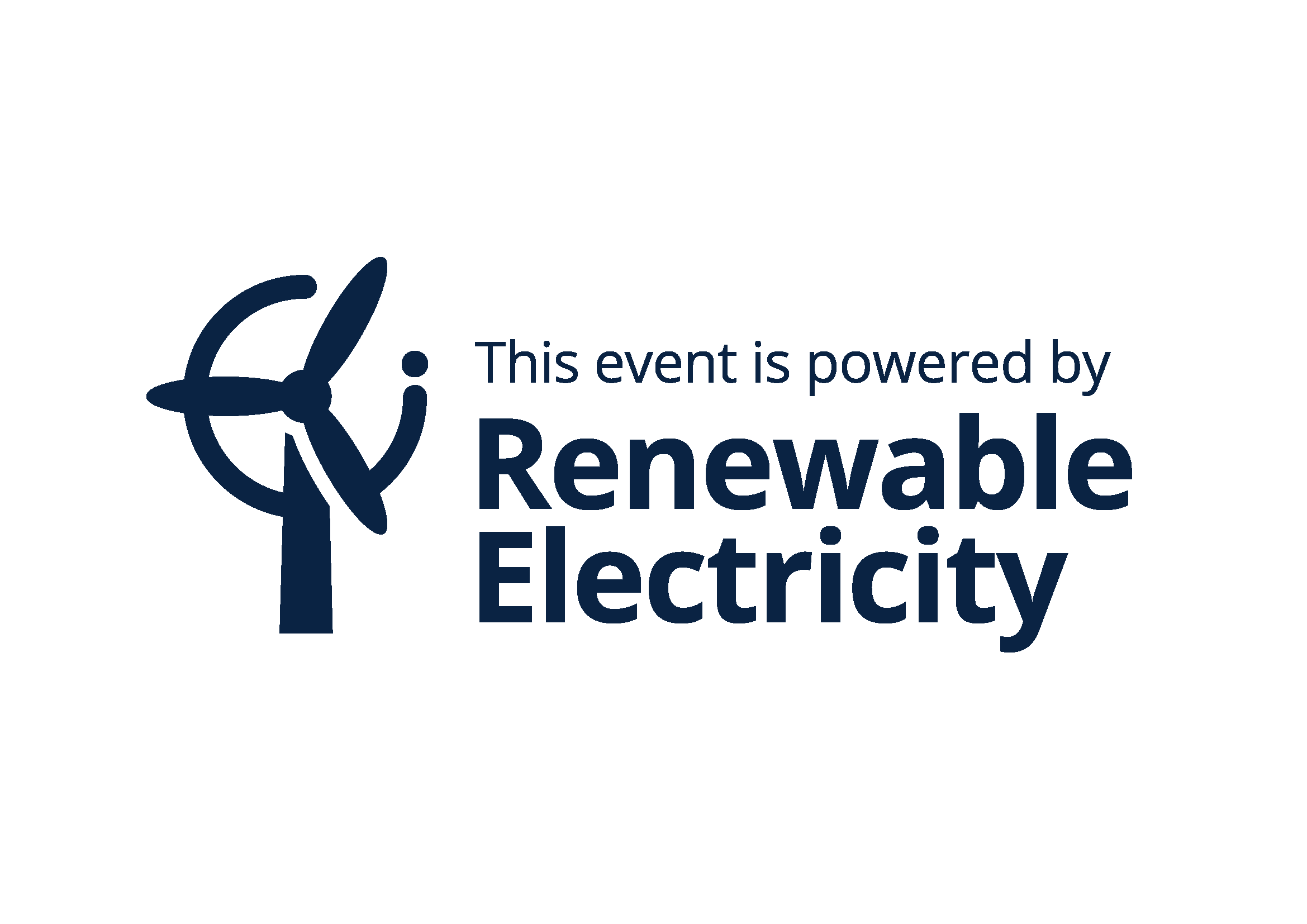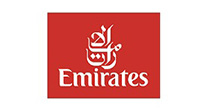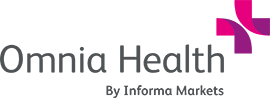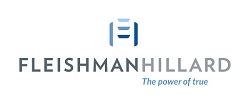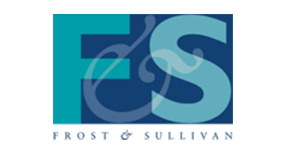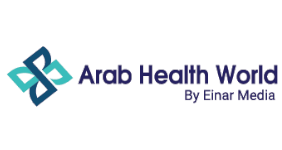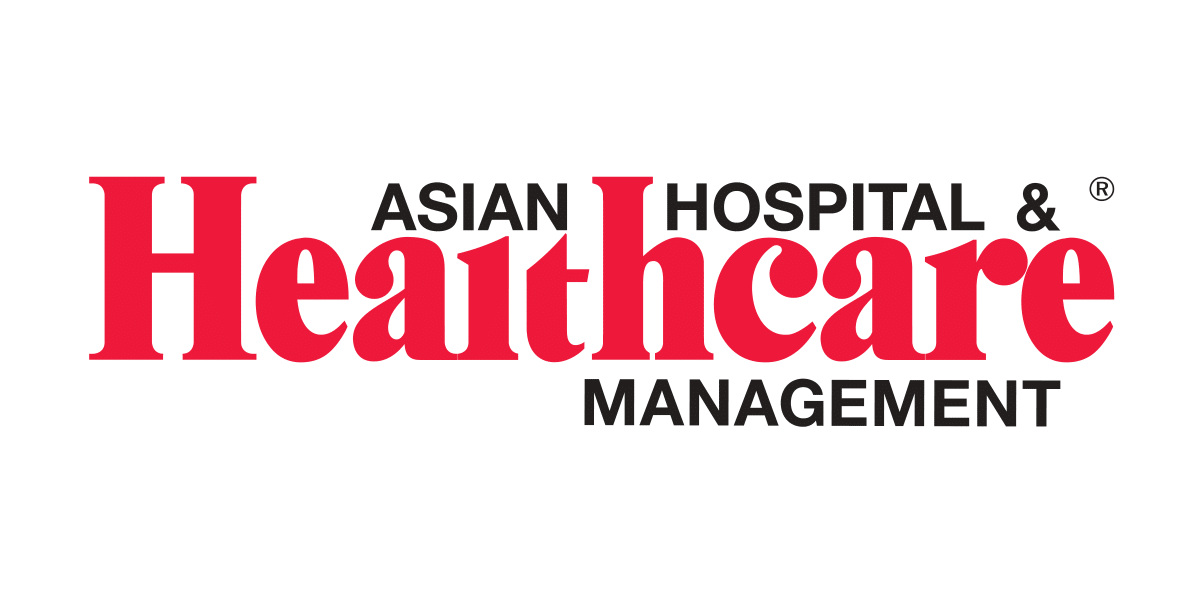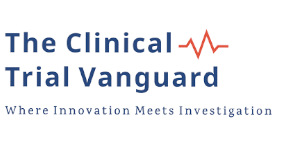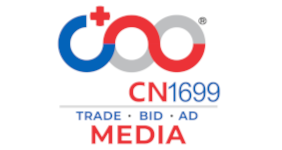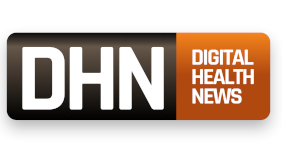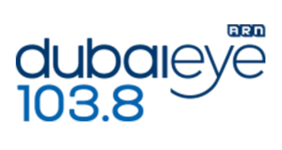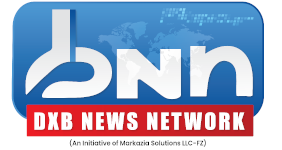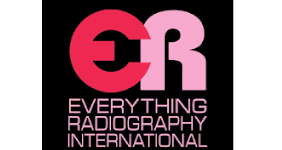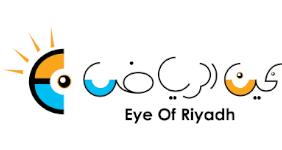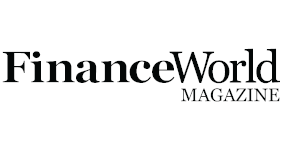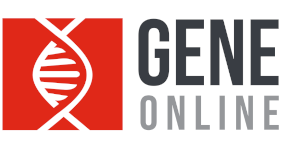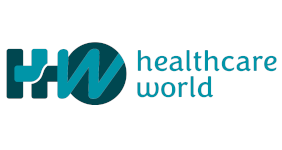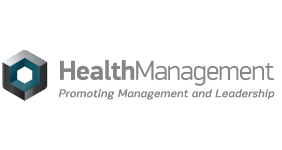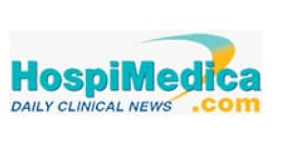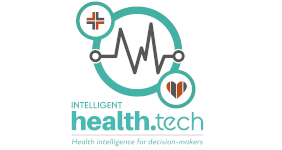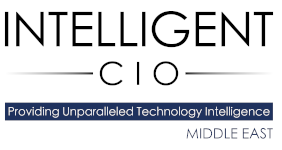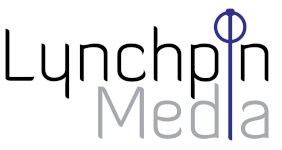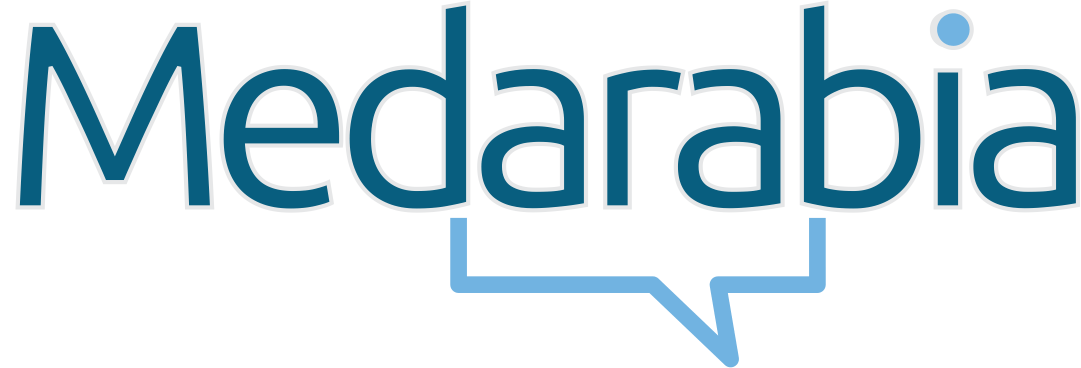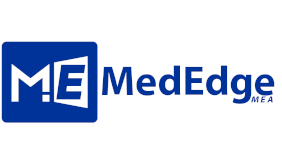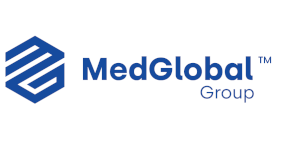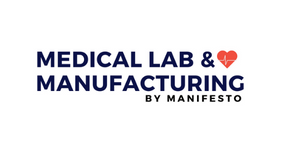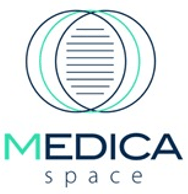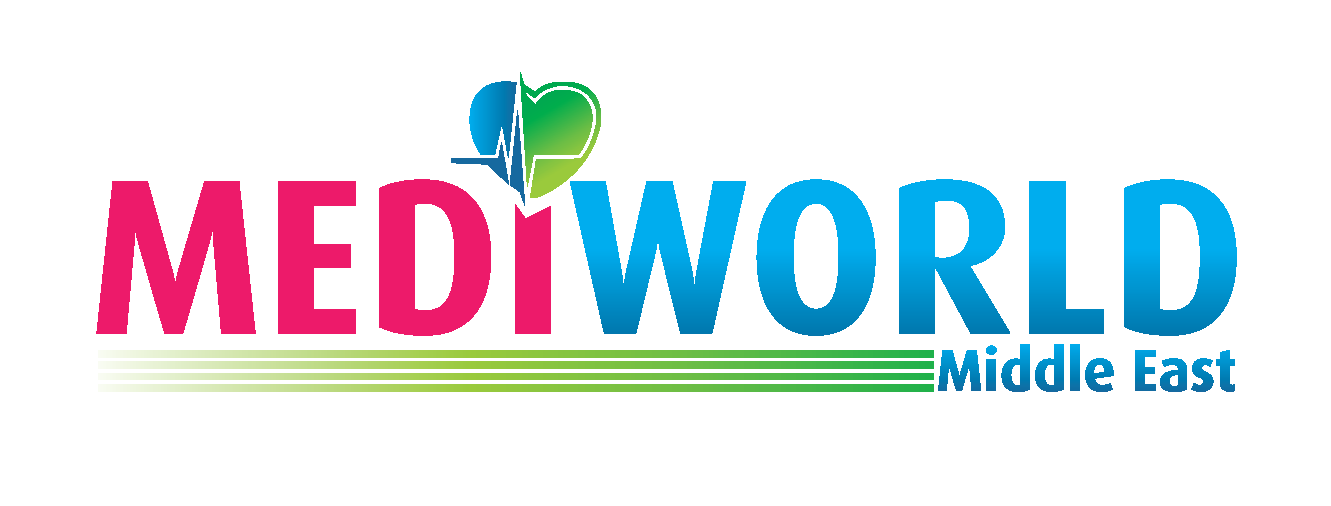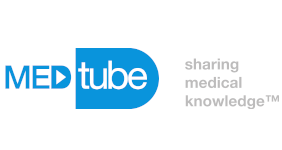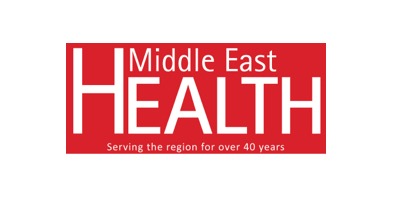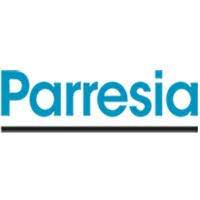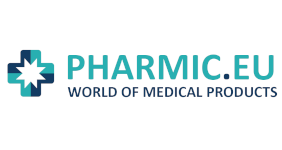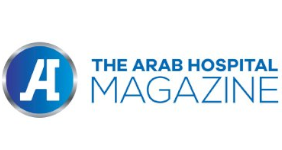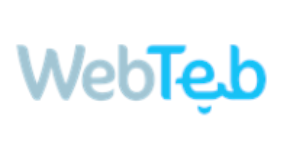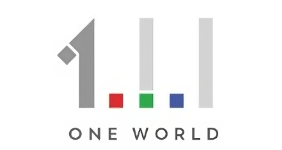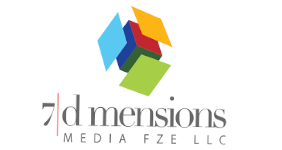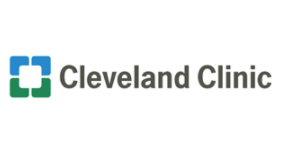Government offices open from 7am or 7.30am until 1pm or 1.30pm, Saturday to Wednesday. Some banks, private companies and shops open from 8am to 1pm or 1.30pm, then again from 4pm to 7pm or 8pm from Saturday to Wednesday; others work a straight shift until the evening. Shopping centres are open until about 10pm daily.
Tourist information
Business hours

Climate and clothing

The UAE enjoys pleasant weather during its winter months (Oct to April). With temperatures between 25-30º (Celsius) during the day and 15-20º at night. It’s the most liberal place in the UAE so attires and cultural preferences are generally acceptable. However, in more historical quarters and places of religious worship, dressing conservatively is appreciated.
Credit cards

Major credit card providers such as Visa and Mastercard are widely accepted at major restaurants, stores and hotels across Dubai, with other cards such as American Express less likely to be accepted. However, not all smaller stores will accept your card, so always be prepared and travel with some cash.
Culture

The UAE is an Islamic country and Arab traditions influence the lifestyle, yet considerable tolerance is shown towards the Eastern and Western practices of the large expatriate community. There are a number of Christian churches throughout the country as well as Hindu and Sikh temples in Dubai.
Currency

The official currency is the UAE dirham, also known as ‘AED’. One dirham is divided into 100 fils. Notes come in denominations of 5, 10, 20, 50, 100, 200, 500 and 1000. Coins are AED 1, 50 fils, 25 fils, 10 fils and 5 fils. The UAE dirham is pegged to the US dollar at an exchange rate of US$ = 3.6725 AED.
Communications

Global links, including GSM mobile telephones, pagers and Internet connections are world-class and inexpensive. Pre-paid GSM mobile telephone SIM cards are available at the airport, and at Etisalat or DU offices and business centres throughout the country.
Electricity and water

The electricity is 220/230 volts A/C and most sockets are three-pin square. Although adaptors are usually available in hotels, you may want to purchase one before you arrive. Filtered tap water is considered safe to drink. However, you may prefer the taste of bottled water, which is available in a range of both inexpensive local and imported brands.
Health

The standard of health care is high throughout the UAE. However, it is expensive, so it's important to obtain travel insurance. The Emirate is clear of all epidemic diseases and is largely mosquito-free. No specific vaccinations are required to enter the country; however, it would be wise to check beforehand if you are traveling from a health-risk area.
Photography

Film, processing and print facilities are readily available and produced in 15-30 minutes. We recommend you ask permission before photographing people in general and Muslim women in particular. Airports, docks, telecommunication equipment, government buildings, military and industrial installations should not be photographed.
Liquor

Alcohol is freely available in restaurants, nightclubs and bars in hotels or in member-only places such as country clubs and sports clubhouses (which often admit paying guests). Restaurants outside hotels do not have a licence to serve alcoholic beverages.
Languages spoken

Although Arabic is the official language of the UAE, English is the most spoken language in Dubai. You will also find a lot of expatriates who speak Hindi, Urdu, Bengali, Tamil, Tagalog, Persian, Chinese, Malayalam, in addition to many other languages.
Safety

The UAE's low crime rate makes it one of the safest places in the world to visit – even for women travelling alone. It is, however, advisable to take the normal precautions to safeguard yourself and your valuables.
Useful numbers

Country dialling code: +971
Dubai area code:(0)4
Fire: 997
Ambulance: 998
Police: 999
Time

The local time in Dubai during Arab Health is GMT + 4 hours. The time does not change in the summer, which means that the GMT time difference does.
Tipping

Tipping practices are similar to most parts of the world. Where no service charge is included, it is customary to leave 10% as a tip to the service staff.
